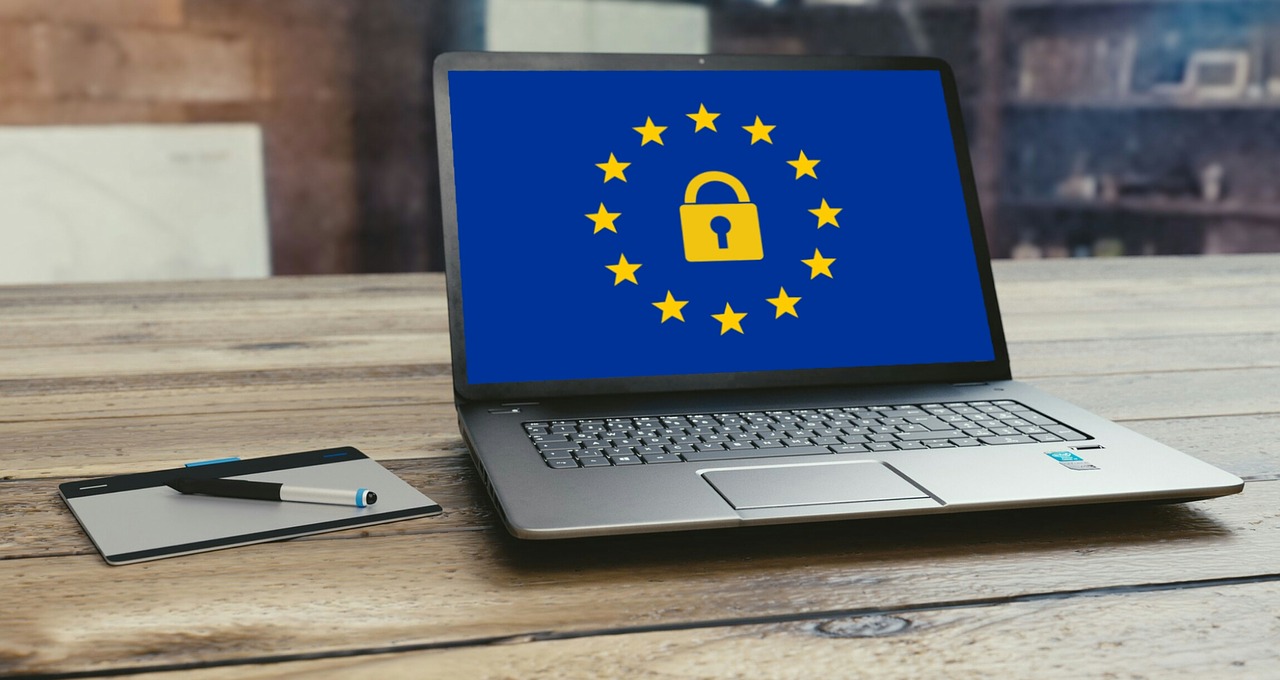Whether you have a small- or medium-sized business such as a restaurant, a convenience shop, a retail shop, or a bank, your business could well be a target for intruders and those who are criminally inclined. Security should be a top priority, and for good reason, especially if your business is in an area that has had its share of security issues. The need for security guard is huge when you want to ensure the safety of your business.
The good news, however, is that you can make use of a security guard to enhance security for your premises, and security guards are not just there to provide protection, either – they can also assist your employees and customers. So how else can a security guard benefit your business? Here are the top reasons why your business needs a security guard.
Reasons Why Your Business Needs Security Guard
These are some of the factors that you have to take care of while you want to make choices to achieve your objectives for making the use of a security guard.
1. Enhanced security and protection
One apparent reason why you need a security guard for your business is enhanced security and protection. If you have a security guard present at your business, they can enhance your peace of mind as well as the peace of mind of your employees along with your customers. Employees who work in an area with a high risk of security breaches can be more productive because they need no longer worry about theft or break-ins and their personal safety. Your customers will also be assured by the knowledge that you have taken substantial steps to ensure their security while they are on your premises. This is especially true if you have highly-valuable merchandise or if your business is in an area with a high incidence of crime.
2. An invaluable deterrent
Just the simple fact that you have a security guard at your premises is often enough to deter criminals from breaking in or steal something from your premises. A thief or burglar will think twice before they target your business if they can see a professional security guard at your premises. Aside from this, professional security guards are specially-trained to identify and detect suspicious behaviour or activities. They can assess a specific situation and take the necessary steps to ensure that no security breaches occur. A security guard is also a better deterrent than a camera or a standard system for security, as they are highly visual.
3. Improve your service to customers
With a static security guard such as one from specialists in security in Oxford like Securipol Ltd, you can improve your service to your customers. The security guard can assist your customers and man a desk or reception area, and they can also serve as a sentry in order to control access to a specific sector of your premises. A security guard can act as an escort for employees and customers who are trying to locate their cars in the parking lot, and they can help your customers reach their destination within your premises.
4. A thorough way of dealing with criminal incidents and other situations
Security guards often receive different levels of professional training in regards to responding to an incident or a crime. Some guards can note down specific details of a situation and then get in touch with the police. Others can detain intruders and suspects. Most will also know how to handle difficult situations (such as fights and disturbances). With a security guard, you can be sure that any problematic situation will be dealt with in the proper manner.
Read Also:






















